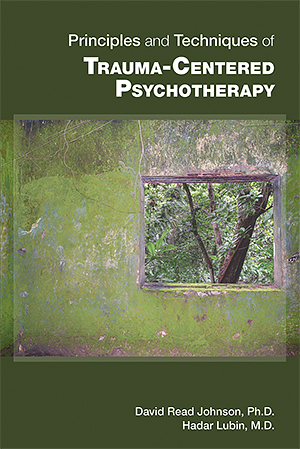Sections
Excerpt
The application of trauma-centered psychotherapy in couples and family therapy can be a very powerful intervention in the lives of trauma victims. Because trauma schemas are relational (axiom 4), the effects of prior trauma permeate the victim’s social relationships, especially with intimates such as spouse and family. Because of the frequency of contact among members of a family, habitual patterns of behavior become established and reinforced, and thus trauma schemas in one individual can alter the communication patterns of an entire family, without any recognition of their source.
Access content
To read the fulltext, please use one of the options below to sign in or purchase access.- Personal login
- Institutional Login
- Sign in via OpenAthens
- Register for access
-
Please login/register if you wish to pair your device and check access availability.
Not a subscriber?
PsychiatryOnline subscription options offer access to the DSM-5 library, books, journals, CME, and patient resources. This all-in-one virtual library provides psychiatrists and mental health professionals with key resources for diagnosis, treatment, research, and professional development.
Need more help? PsychiatryOnline Customer Service may be reached by emailing [email protected] or by calling 800-368-5777 (in the U.S.) or 703-907-7322 (outside the U.S.).



